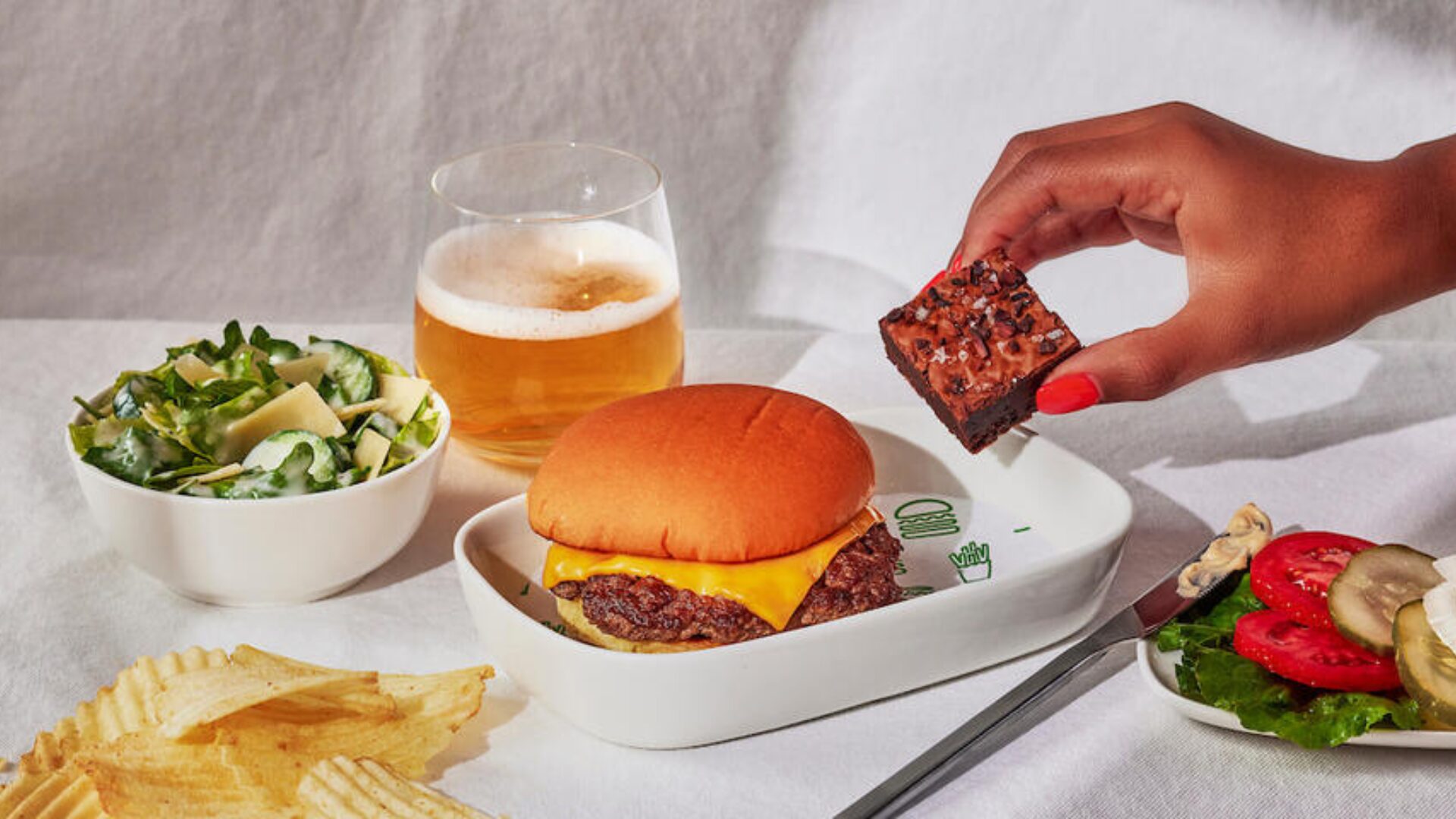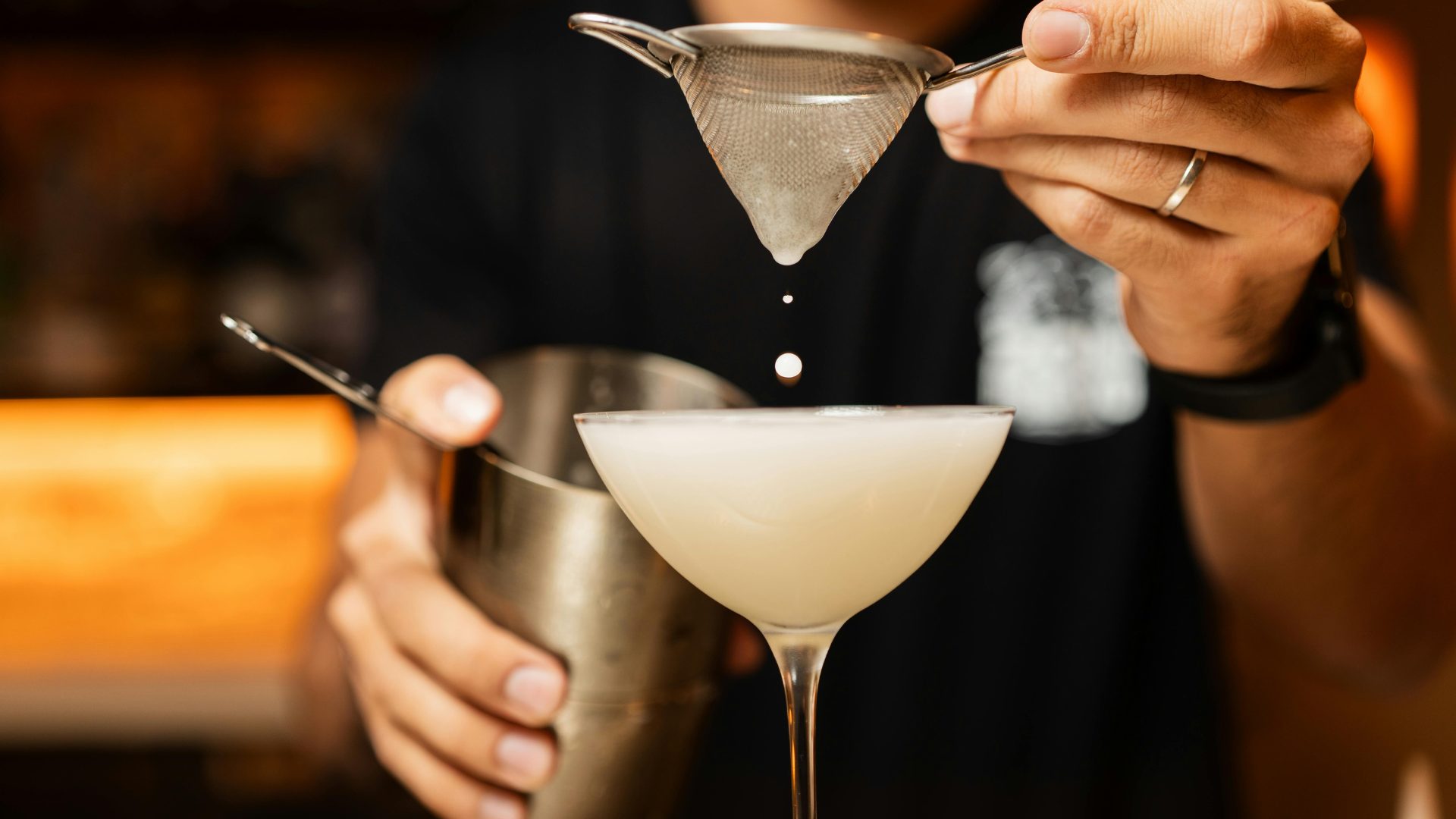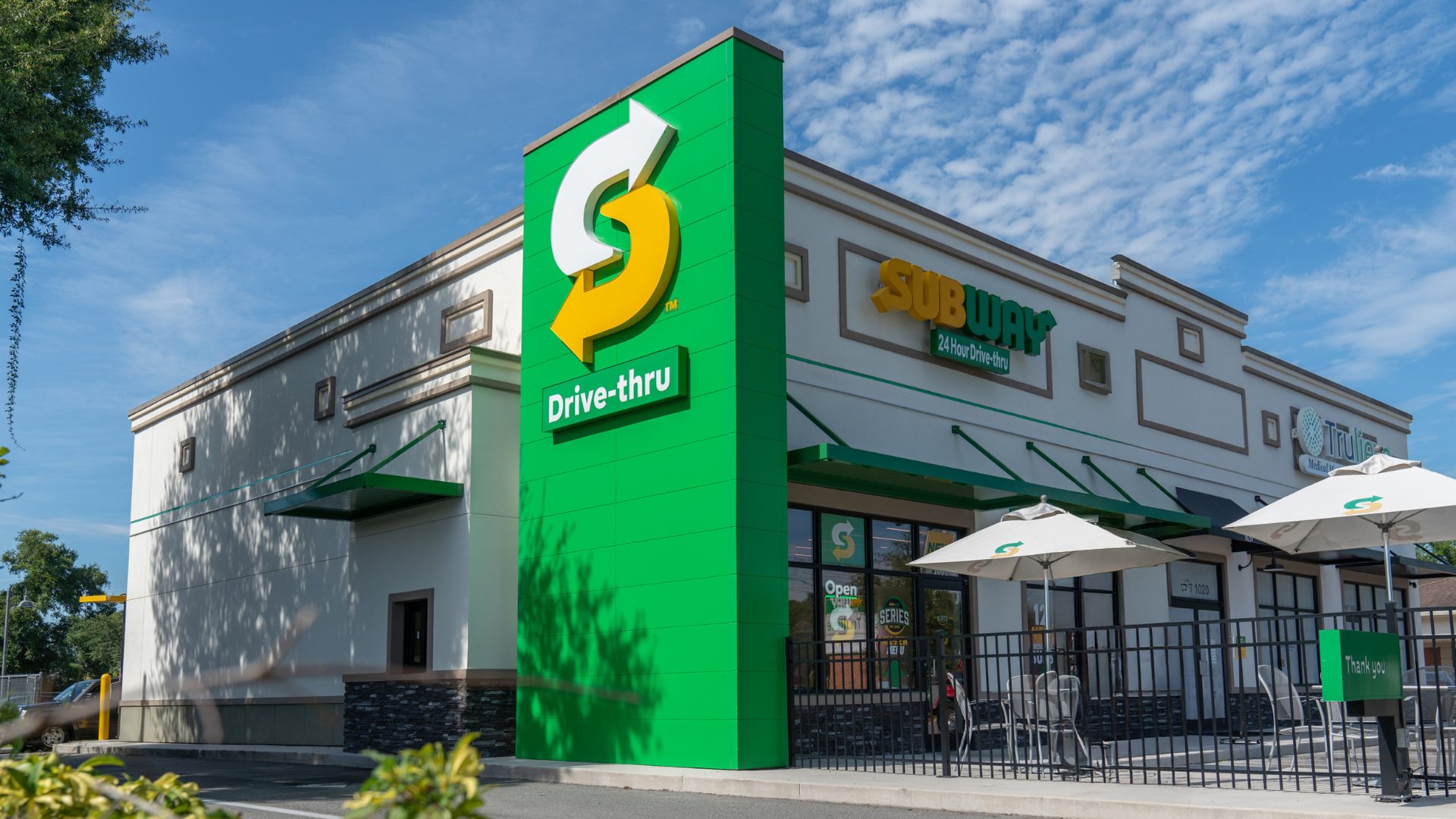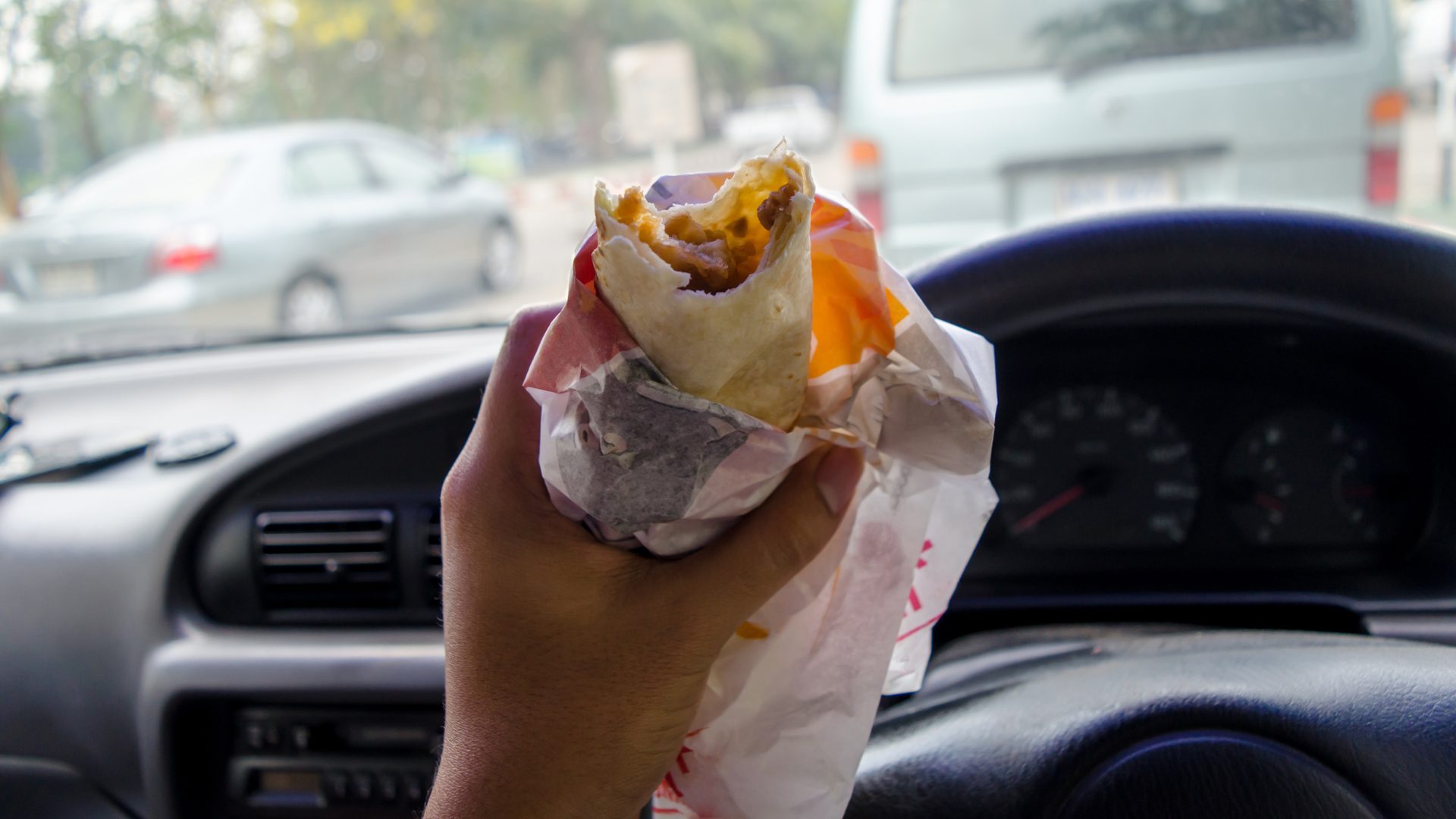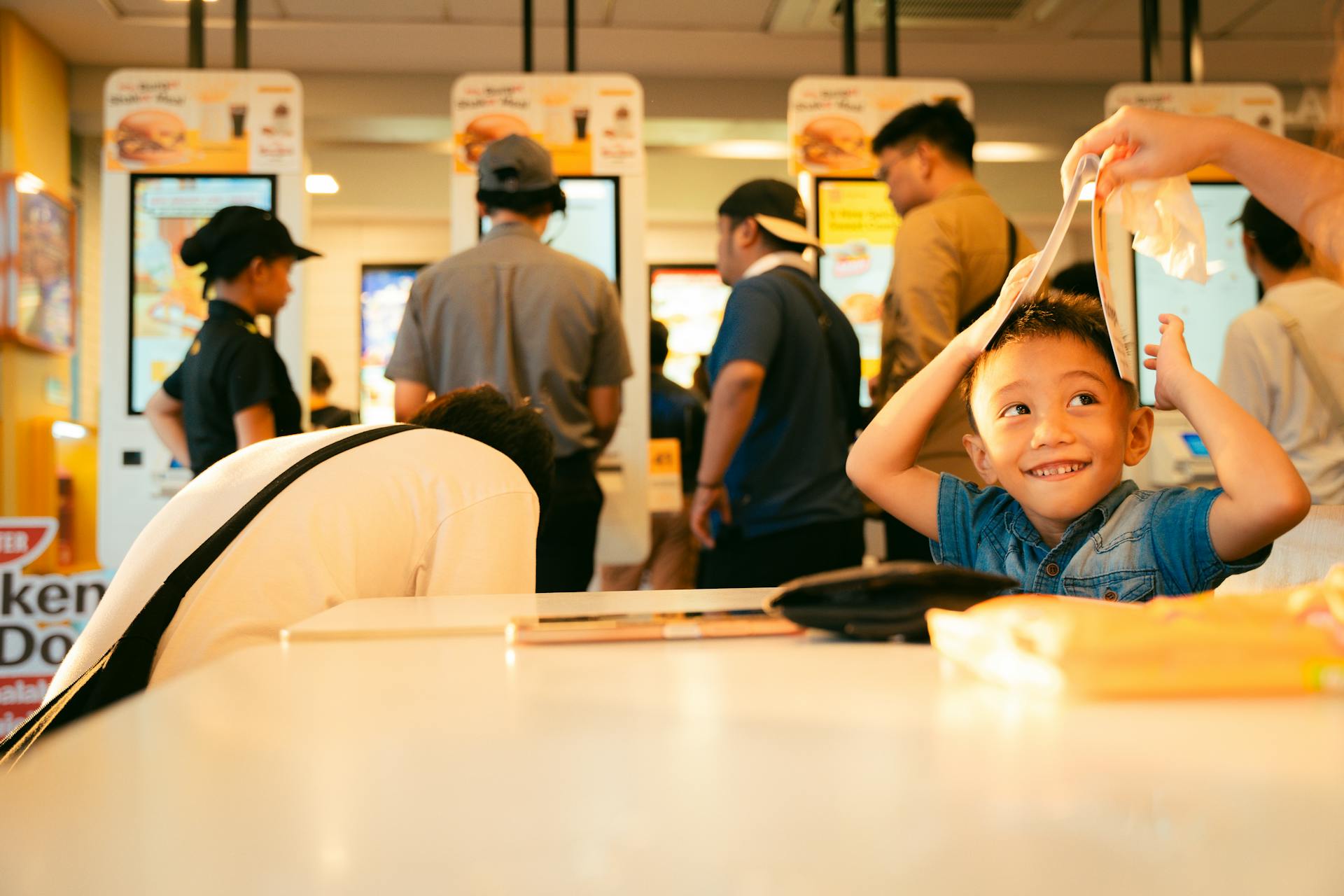During a precarious time for in-flight dining, Delta announced that it is partnering with fast-casual chain Shake Shack on a burger offering. Beginning Dec. 1, first-class flights out of Boston will offer the brand’s signature cheeseburger on trips over 900 miles.
Earlier this year, the airline was met with negativity following food safety concerns; however, its recent investments in the space have helped to improve its brand image.
The 100% Angus beef cheeseburger is served on a potato bun with toppings such as tomato, lettuce, and ShackSauce. Chips, a Caesar salad, and a dark chocolate brownie round out the meal.
“A delicious cheeseburger is an iconic comfort food – our customers know that, which is why burgers are one of the top ordered menu items we offer, and we’re thrilled to elevate the offering with Shake Shack,” said Stephanie Laster, managing director of onboard service for Delta, in a statement.
The collaboration builds upon Delta’s relationship with Union Square Hospitality Group, whose founder, Danny Meyer, also founded Shake Shack.
Currently, other USHG offerings are available on select flights from JFK.
The partnership is likely part of a targeted strategy to improve its food and beverage offerings and hospitality experience. The week before, the company relaunched its seasonal wine program and partnered with award-winning chefs to design various snacks and meals.
A recent statement from Kristen Manion Taylor, SVP of in-flight service for the airline, contextualizes its efforts: “Even as we invest in our onboard experience, we know that nothing is more important than the warmth and care of a Delta employee,” she said, adding that the company is making investments in its training program.
Delta has also been known to work with three James Beard Award-winning chefs in the past as well as Impossible Foods to revamp their vegetarian offerings.
Trying Times for Airline Food
Recently, airlines have had trouble getting their food right, but Delta may have cracked the code, as the relationship with Shake Shack has been met with praise in the news cycle and on social media.
The positivity is a welcome change up for the brand after its food offerings received criticisms in September following alleged E. coli contamination concerns, explains The Washington Post. Additional incidents from the airline include a flight from Detroit to Amsterdam in July that served allegedly spoiled meals to more than a dozen passengers, compelling Delta to terminate its contract with the supplier.
A holistic view of the market shows myriad food safety concern incidents: for example, a Scandinavian Airlines flight from Norway to Spain allegedly found rodents on board, explained the news source.
“Airline passengers should be aware of food safety issues in the in-flight catering industry,” said Darin Detwiler, a food safety adviser and associate teaching professor at Northeastern University in Boston, “The confined nature of airplane travel makes foodborne illness outbreaks especially challenging to manage.”
Food safety concerns aside, airline food can also be an expensive investment in an industry with already thin margins.
Delta’s investments, for example, come at the heels of JetBlue’s decision to forego hot food offerings for economy passengers on transatlantic flights in an effort to cut costs, reports USA Today. The airline has been forced to rethink its strategy after the U.S. government blocked its proposed merger with Spirit Airlines.
Like Delta, JetBlue has also doubled down on its foodservice partnerships, particularly with fast-casual chain Dig Inn, which began in 2021. For the company’s latest cold meals, the airline will tap the chain’s expertise.
Airline Food Market Potential
For businesses looking to get into airlines, data suggests opportunities abound.
The in-flight catering market ended 2023 with a $17.16 billion cap and is projected to reach $25.88 billion by 2030, according to a report from Verified Market Research.
Research found that these gains are thanks to an influx of airline travel, a preference for airlines to outsource their foodservice needs, and a focus on providing stellar passenger experience in the wake of increased competition.
Additionally, shifting consumer sentiments mean airlines must give their in-flight meals a larger consideration.
“Passengers today have a wider range of food choices and restrictions in addition to being more health-conscious,” found the report. “Airlines are expanding their selection of in-flight meal options to include vegetarian, vegan, gluten-free, and organic options.”
The airline catering market presents opportunities for CPGs and foodservice to win in an alternative channel. UAE-based Emirates, for example, rotates its specialty chocolate offerings every three months giving chocolatiers a chance to capture the over 45 million luxury chocolates that are consumed during their flights each year.
Delta is primed for growth with its recent and legacy investments in the dining experience, endeavoring to up-scale the familiar.
“Our goal is to serve you familiar and comforting foods with a sophisticated twist, while offering variety and well-rounded meals to keep you feeling your best while traveling,” said Manion Tailor in a recent statement regarding its multiple partnerships with chefs.
The Food Institute Podcast
Restaurant results for the second quarter weren’t stellar, but people still need to eat. Are they turning to their refrigerators, or are restaurants still on the menu for consumers? Circana SVP David Portalatin joined The Food Institute Podcast to discuss the current restaurant customer amid a rising home-centricity trend.


